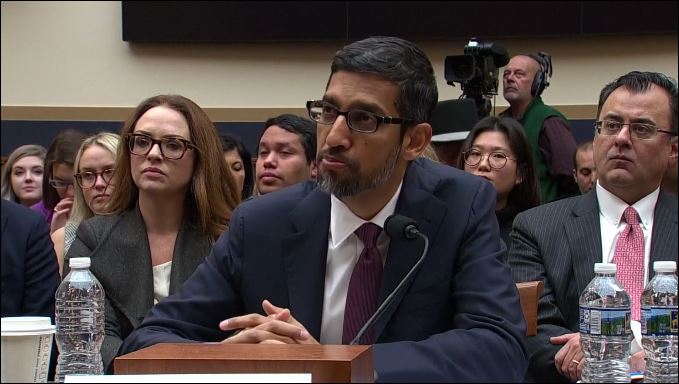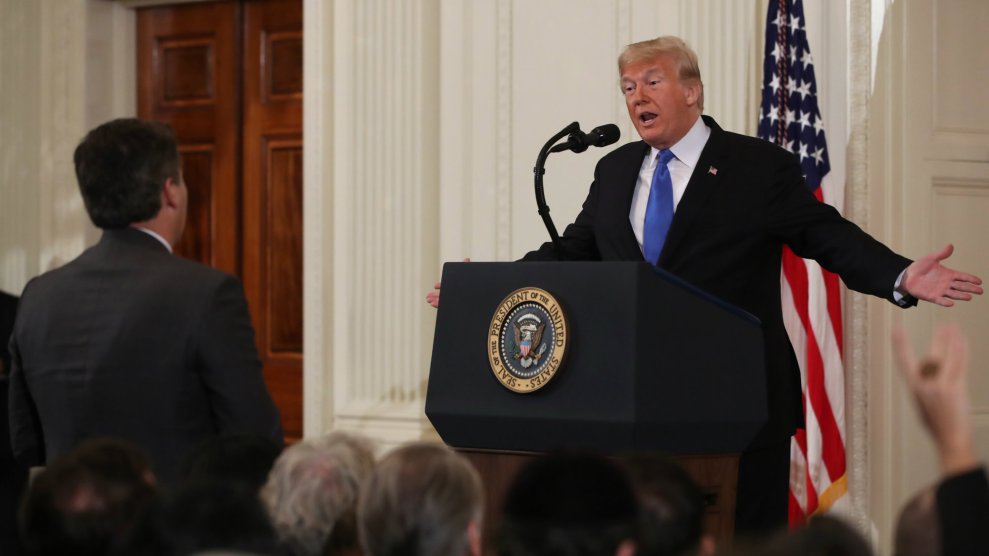Although he won some delegates in Mississippi and Alabama in yesterday’s primaries, Romney’s clear focus on “math” as his only way to winning the Republican nomination is quite frankly, lame. What we are witnessing before our very eyes is a Republican candidate who is proving time and time again, that he simply cannot win a majority of the Republican votes in southern states – something that must be done if he expects to come close to competing against President Obama in the general elections.
Given yet another chance to seal the deal and wrap up this primary process, Romney placed third with 29% of the votes in Alabama with Gingrich slightly ahead. Santorum came in first with 35%. The story wasn’t much different in Mississippi – Santorum 33%, Gingrich 31% and Romney 30%. For entertainment value, 4% of the Republicans voted for Ron Paul. But even with this problem with winning the popular vote in southern States on their hands, Romney’s campaign went on CNN to highlight that they managed to win some delegates in those two states, inching them even more closer to the magic figure of 1144 – the total amount needed to win the Republican nomination. According to a CNN tally, Romney has 489 and leads second place Santorum by 255 delegates.
But can math alone bring Mitt Romney a victory? Newt Gingrich puts it this way: “The elite media’s effort to convince the nation that Mitt Romney is inevitable just collapsed. The fact is that in both states, the conservative candidates got nearly 70% of the vote, and if you’re the frontrunner and you keep coming in third, you’re not much of a frontrunner. And frankly, I do not believe that a Massachusetts moderate who created Romneycare as the forerunner of Obamneycare is going to be in a position to win any debates this fall, and that is part of the reason I’ve insisted in staying in this race.”
If you’re the Republican candidate and you cannot get Republicans in Republican states to vote for you, then you have some serious problems. The math may work to get you the nomination, but at some point, you have to prove you can get the votes.
McKay Coppins wrote:
“…while the campaign’s slow, methodical approach to collecting delegates in obscure, boring, or otherwise un-noteworthy contests has served them well logistically, it hasn’t helped them win the argument. The rhetoric of strength and leadership that could give them momentum heading into the general has been replaced with a list of math-centered talking points that deal with delegate counts, percentages, and margins of victory.
Campaign in poetry and govern in prose, the old political adage goes. The Romney campaign, it appears, has chosen to forego words altogether and make their case with numbers. But how long can the party’s would-be standard-bearer hinge his entire campaign message on math?”









